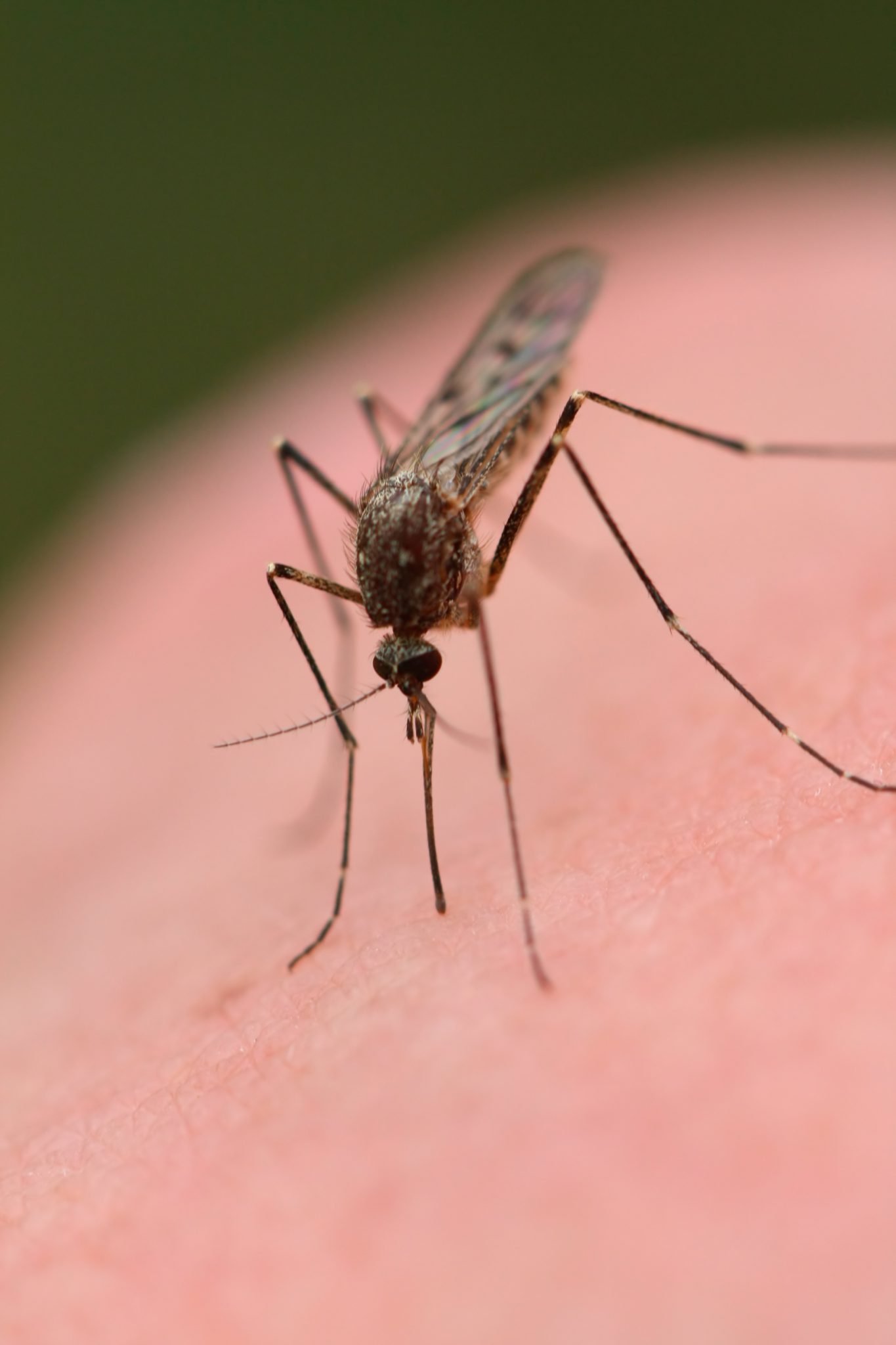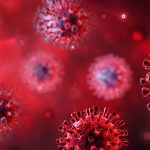With federal health officials saying it’s only a matter of time before chikungunya virus starts spreading in the mainland U.S., University of Pittsburgh Center for Vaccine Research (CVR) scientists are on the hunt for a cure. Earlier this month the Centers for Disease Control (CDC) confirmed that the virus, which has been spreading in the Caribbean since December, appeared to have established local transmission in Puerto Rico and the U.S. Virgin Islands.
Kate Ryman, Ph.D., and William Klimstra, Ph.D., both researchers at Pitt’s CVR and members of the Global Vaccine Network’s Chikungunya Virus Taskforce, are examining multiple approaches to help people avoid the severe joint pain and potential arthritis caused by the mosquito-borne virus. 
“We’re working on a vaccine to prevent the virus from infecting you to begin with, as well as antiviral therapeutics that will lessen symptoms or potentially cure the illness after you have it,” said Dr. Klimstra. “Which approach proves more viable will depend on how much of a stronghold this virus can establish in North America.”
Unlike West Nile virus, a mosquito-borne virus that established itself in the U.S. at the turn of the 21st century, chikungunya is far less likely to spread so effectively, Dr. Klimstra explained.
West Nile virus was able to spread so effectively in North America because it would infect birds, such as crows and blue jays, as well as humans, giving mosquitos more opportunities to pick up the infection and transmit it to people. Chikungunya virus only spreads effectively in primates, which, in North America, mainly means humans.
“And humans are able to change their behavior to inhibit the spread of the virus,” said Dr. Klimstra. “We can spray for mosquitos, wear bug spray and long sleeves, use window screens or air conditioning, and avoid being outdoors at times when mosquitos are active.”
In the Southeast Asian and African countries where chikungunya is endemic, people don’t tend to spray for mosquitos or use window screens as much as they do in the U.S. Species of non-human primates in these countries also facilitate the disease spread.
However, even with precautions, officials predict that chikungunya will start spreading in the U.S. this summer or next and has the potential to become endemic in the southeastern states. Currently the U.S. Centers for Disease Control and Prevention (CDC) are primarily concerned with cases in travelers returning to the United States as this is the most likely route through which the virus will become locally transmitted. As of June 17, there were 56 travel-associated cases in the continental US with the majority in Florida.









